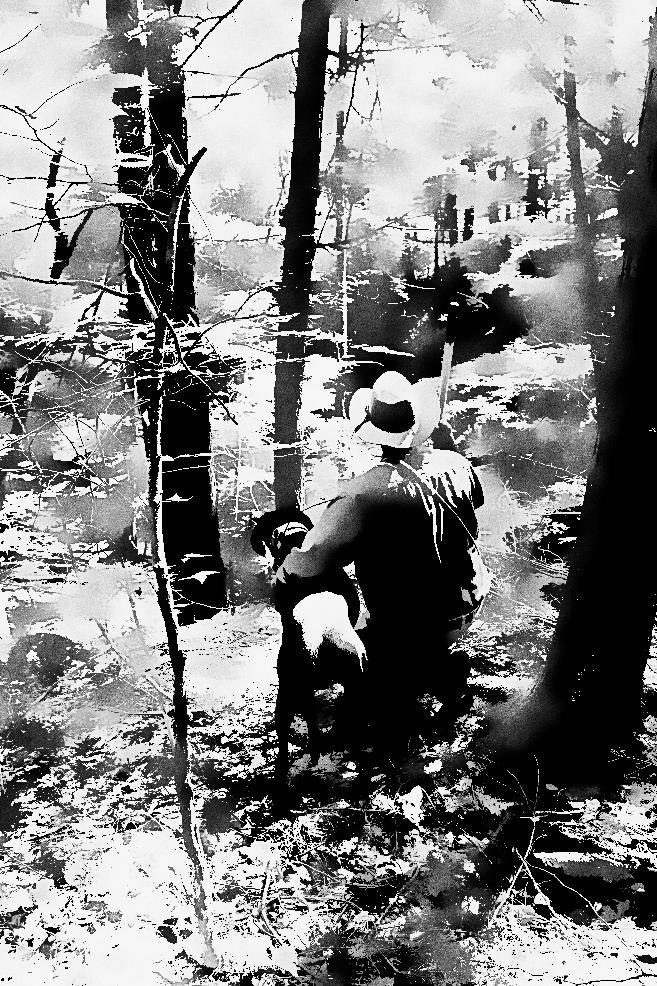|
Probably the most frequently asked question I get at book signings is: “How does the publishing process work?"
It’s a great question. There are pro’s and con’s to self-publishing, but I always encourage young writers to at least consider traditional publishing first. Getting your book traditionally published requires several different steps versus self-publishing, Assuming you don't have an "in" with a publisher, e.g., know a famous author who will vouch for your writing, then you'll follow these steps once your manuscript (ms) is ready (meaning, it’s complete and been professionally copy edited). Note: While there are micro- and mini-publishers who will accept an ms directly from an author, these publishers can be just as hard to land as a literary agent.
And wait. . . And wait. . .
And wait. . .
Okay—that’s as far as I’m going to go with a traditional publishing, although this gives you a good idea of the road ahead. Keep in mind. if is not uncommon for readers to send out dozens (even hundreds) of queries before finally getting accepted.
0 Comments
Your comment will be posted after it is approved.
Leave a Reply. |
Categories
All
|
- Ryland Creek
- About The Ryland Creek Novels
- Buy the Ryland Creek Saga: Print Books
- Buy the Ryland Creek Saga in E-Book
- The Ryland Creek Saga in Audiobook
- Blog: In a place called Painted Post
- Reader Reviews for The Ryland Creek series
- Meet the Author:Joseph Gary Crance
- An Ode to Painted Post
- The Magical Realism of the Ryland Creek Saga
- Other local authors
- Contact
- Leave A Reader Review
- Ryland Creek
- About The Ryland Creek Novels
- Buy the Ryland Creek Saga: Print Books
- Buy the Ryland Creek Saga in E-Book
- The Ryland Creek Saga in Audiobook
- Blog: In a place called Painted Post
- Reader Reviews for The Ryland Creek series
- Meet the Author:Joseph Gary Crance
- An Ode to Painted Post
- The Magical Realism of the Ryland Creek Saga
- Other local authors
- Contact
- Leave A Reader Review

 RSS Feed
RSS Feed